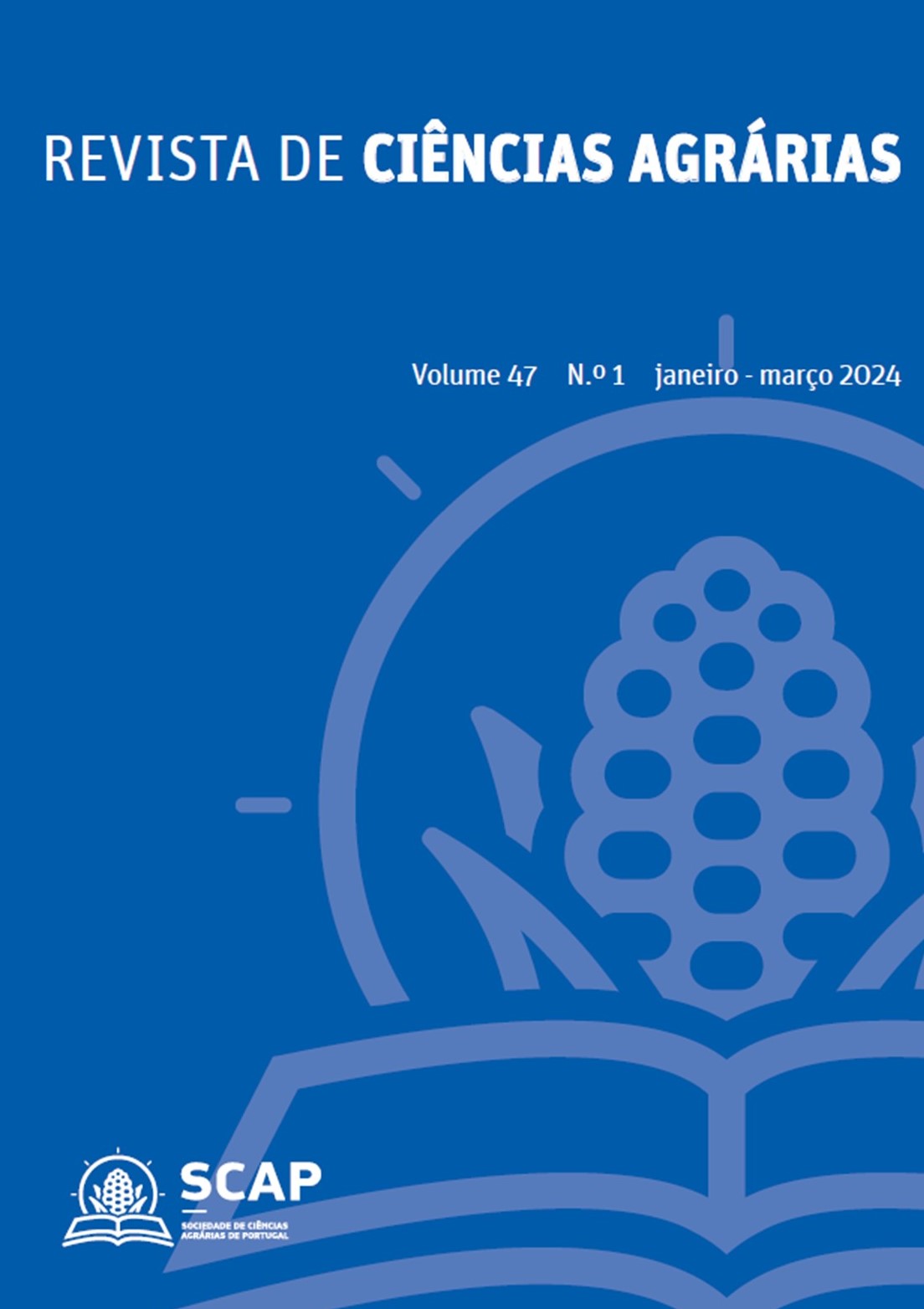Weed management in rice fields with presence of apple snail in Ebro Delta
DOI:
https://doi.org/10.19084/rca.34967Abstract
Weed control is one of the major challenges in rice production, being the most important agronomic constraint. The apple snail (Pomacea maculata) is the main gastropod pest in rice fields predating rice seedlings in juvenile stages. The purpose of this research is to evaluate the biological use of the apple snail to control weeds in rice. Field trials were carried out to evaluate new techniques of capture and management of the mollusc for optimal weeding of rice fields with different rice cultivation techniques, such as dry seeding, wet seeding and transplanting. Combinations of these techniques are evaluated for their effect on snail control, weed control and effects on rice production, using plots treated with the molluscicide saponin (Camelia sp. seed extract) as a control. In dry sowing, good crop development and a good contribution of apple snails were obtained both when using snail traps (77.4% weed reduction) and when not using them (96.77% reduction). In wet seeding and transplanting, a solid contribution of the apple snail was obtained in the reduction of weeds of 100%; although in transplanting it is necessary to eliminate the snail captured with traps to avoid affecting the rice. The apple snail management is an agroecological alternative for the control of weeds plants, especially in the case of rice.


